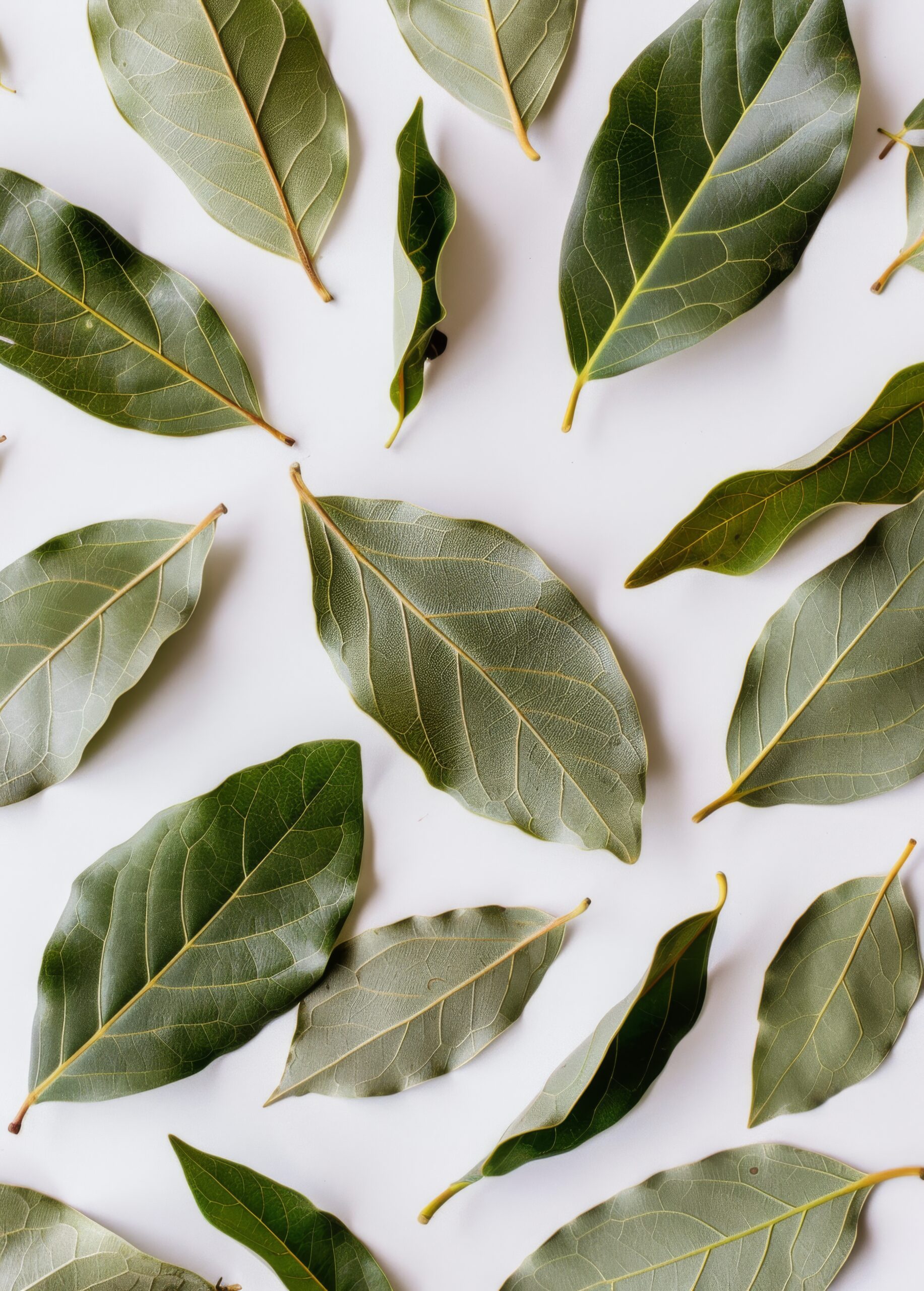Why My Grandmother Puts Bay Leaves in Salt—And Why I Do It Too
A Surprising Kitchen Trick You’ll Want to Try
Growing up, I always noticed a small jar of salt in my grandmother’s pantry with a few bay leaves tucked inside. It looked odd, almost like a happy accident. But this wasn’t some forgotten herb that fell in by mistake—it was intentional. When I finally asked her why she put bay leaves in salt, her answer completely surprised me. It was so clever and practical, I started doing it myself. And honestly? I’ll never store salt any other way again.
If you’re curious about why you should put bay leaves in salt and what this combo is actually for, read on—you might just adopt this time-tested trick too.
—
The Real Reason for Putting Bay Leaves in Salt
It’s Not Just About Flavor
First things first: this isn’t a flavoring hack. You’re not meant to mix the salt with the bay leaves for seasoning. The reason is much more practical—it’s a natural way to keep your salt dry and fresh.
Bay leaves are known for their ability to repel moisture and pests, two things that can ruin your salt supply over time. If you’ve ever opened your salt jar and found clumps or signs of tiny visitors (gross, I know), this hack is going to be a game-changer.
—
How Bay Leaves Help Keep Salt Dry
A Natural Moisture Barrier
Bay leaves are slightly absorbent and have antifungal and antibacterial properties. When added to a container of salt, they help absorb any moisture that might sneak in—especially in humid kitchens. This keeps the salt from clumping and makes sure it stays free-flowing.
So instead of tossing out clumpy salt or using silica packets, you’re using a natural, food-safe method passed down through generations.
—
Bonus: Bay Leaves Repel Pests Too
Goodbye, Pantry Bugs
Salt may not seem like a bug magnet, but pantry pests can show up in the most unexpected places. Bay leaves act as a natural insect repellent, keeping weevils and ants away not just from your salt, but other dry goods nearby too.
It’s a small step with big benefits—especially if you live in a warm or humid climate where pests love to thrive.
—
How to Use This Trick at Home
Simple Steps for a Smarter Pantry
Ready to give it a try? Here’s how to do it:
1. Choose a clean, dry container for your salt (glass jars with lids work great).
2. Add 2–3 dried bay leaves directly into the salt.
3. Store in a cool, dry place, away from direct sunlight or steam.
That’s it! No mixing, no crushing—just let the bay leaves sit there and do their thing.
—
Final Thoughts: Old Wisdom, New Habit
I never imagined something as small as adding bay leaves to salt could make such a difference, but now I understand why my grandmother swore by it. It’s a simple, zero-cost hack that keeps your salt fresh and your pantry pest-free—all without chemicals or extra effort.
So next time you refill your salt jar, toss in a few bay leaves. You might just fall in love with this old-school trick like I did.
—
Keywords used:
why put bay leaves in salt
bay leaves in salt for storage
keep salt dry naturally
natural pantry tricks
homemade salt moisture absorber
bay leaves as insect repellent

